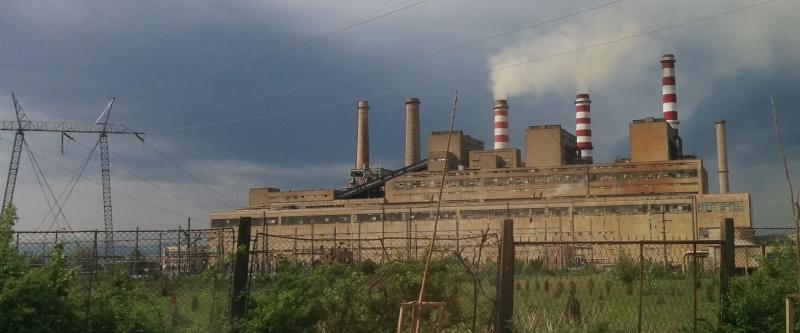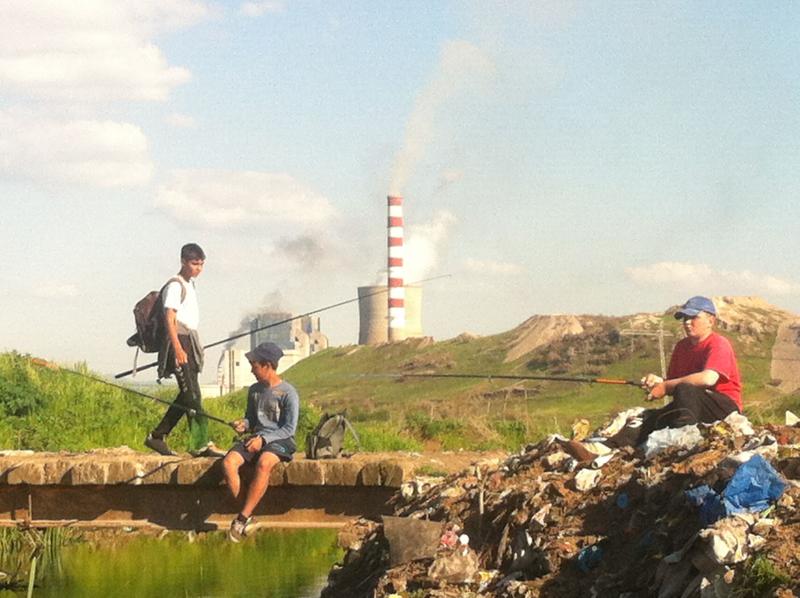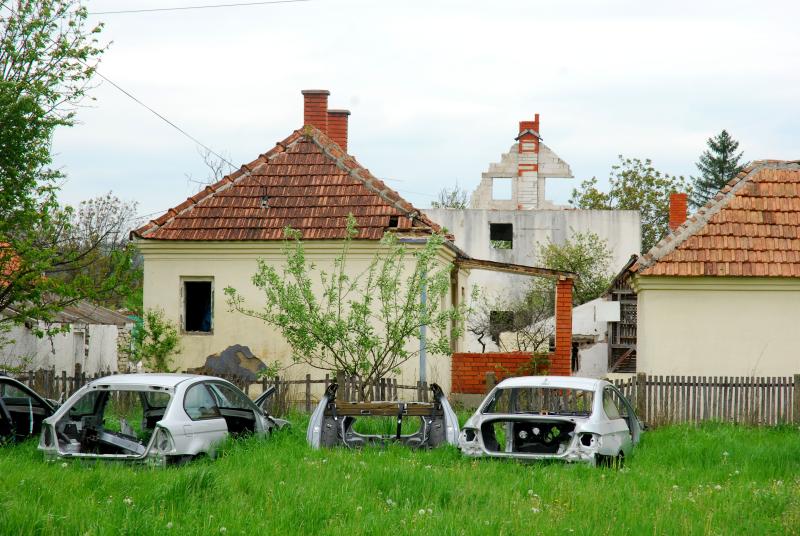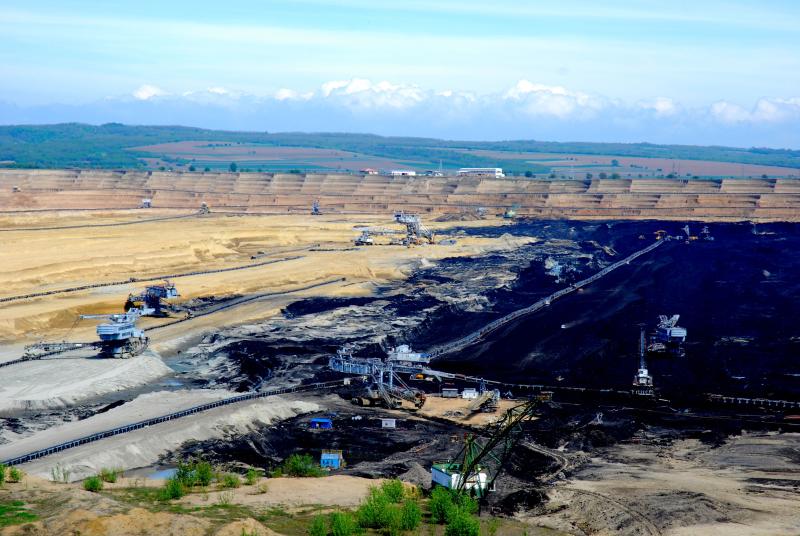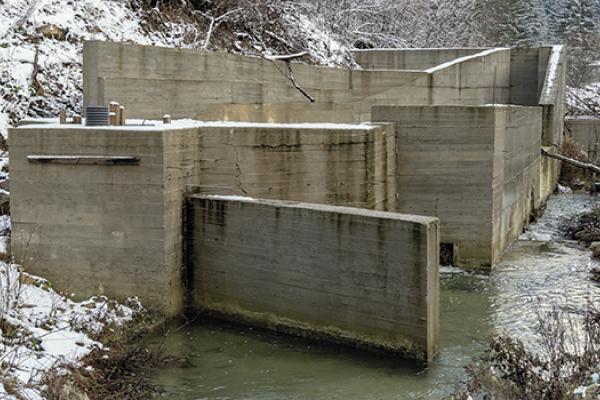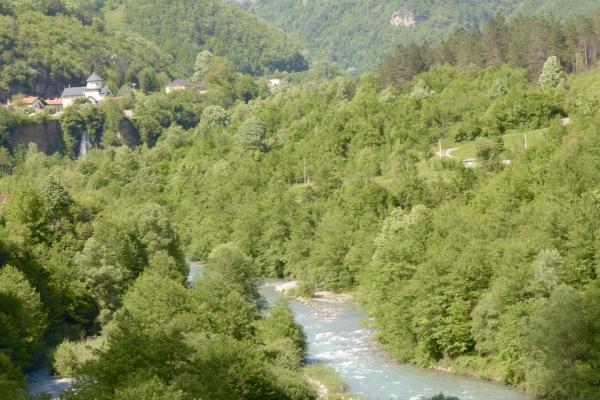Despite governments' official pledges to turn away from financing new coal projects, international lenders such as the World Bank and the European Bank for Reconstruction and Development (EBRD) are continuing to support local governments in modernising and thus expanding the outdated coal sector.
In addition, many Western Balkan governments have found a new investor in Asia: Chinese state banks are lending large sums to construct new coal facilities; Chinese companies are already busy building additional plant capacities – which means that local labour markets lose out.
While new investments in dirty coal may pay off for Balkan governments in the short term, they carry enormous financial and political risks in the long term. While decades of coal burning are already draining state coffers, the health and environmental costs are set to rise dramatically.
